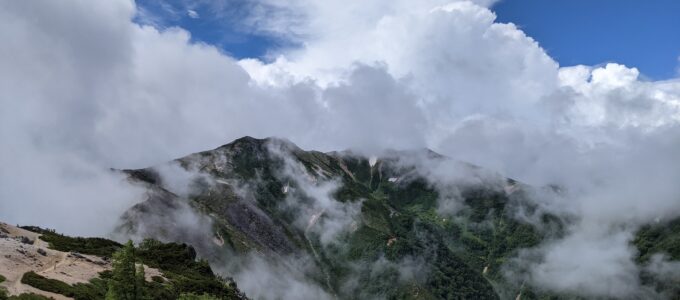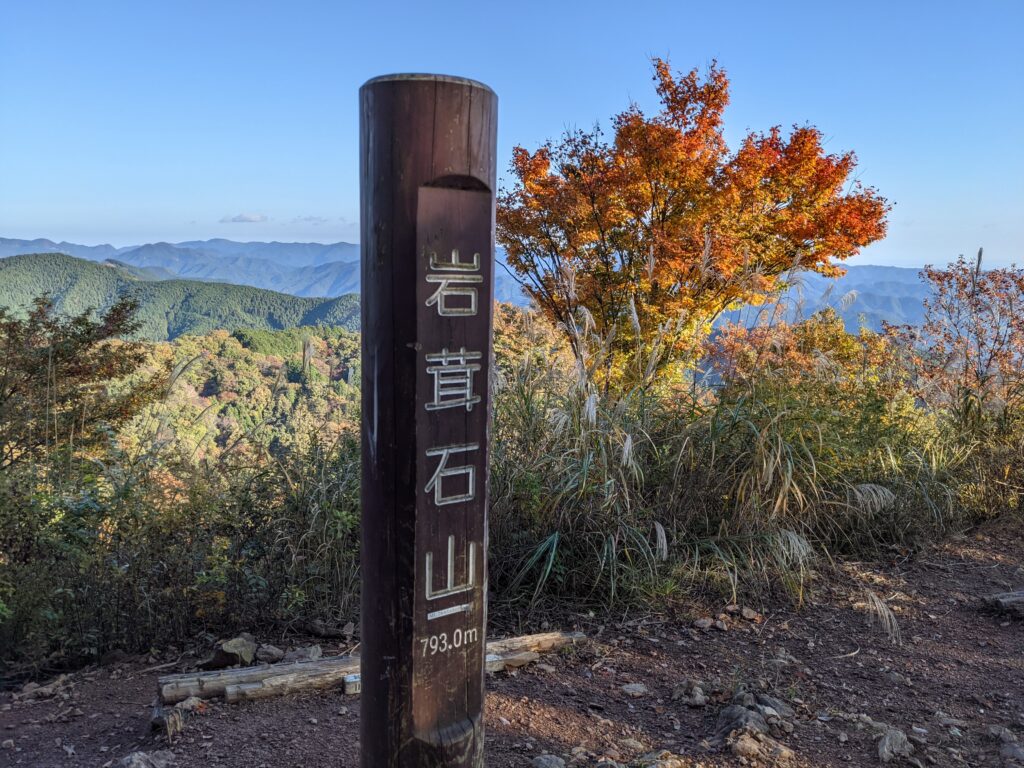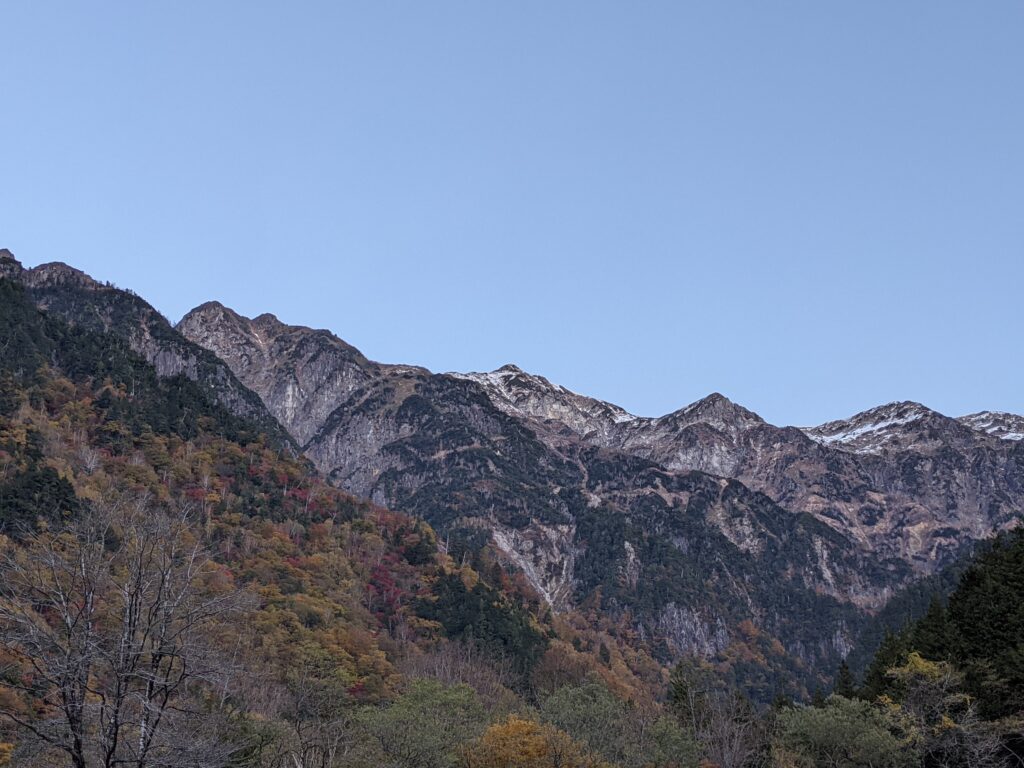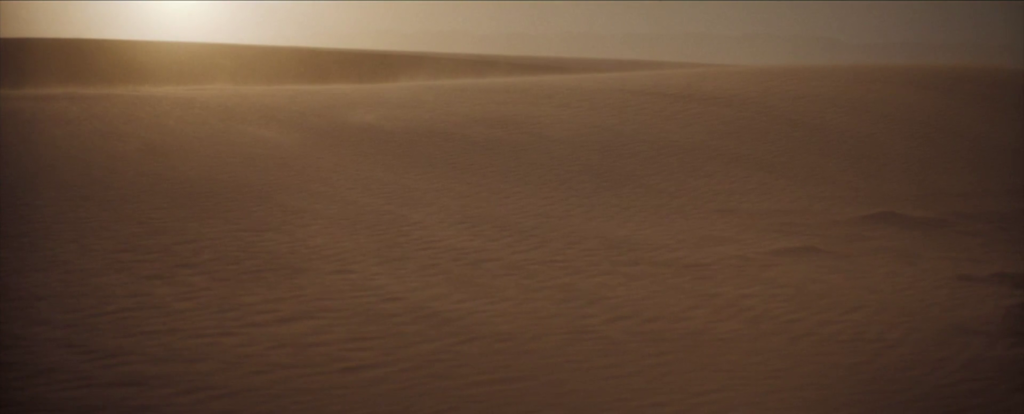OpenTTD is the open source clone of Transport Tycoon Deluxe. It’s an amazingly addictive time sink that you absolutely should not start playing unless you’re ready to come to half a day later realizing it’s 5am and you haven’t gotten any sleep yet. It’s fun just playing around too, but things get real when you set a goal like “connect every primary industry.” I haven’t played against AI or people, but I’m not that interested in that either just yet. This is actually my second time playing—I spent insane amounts of time on the game during university (too).







